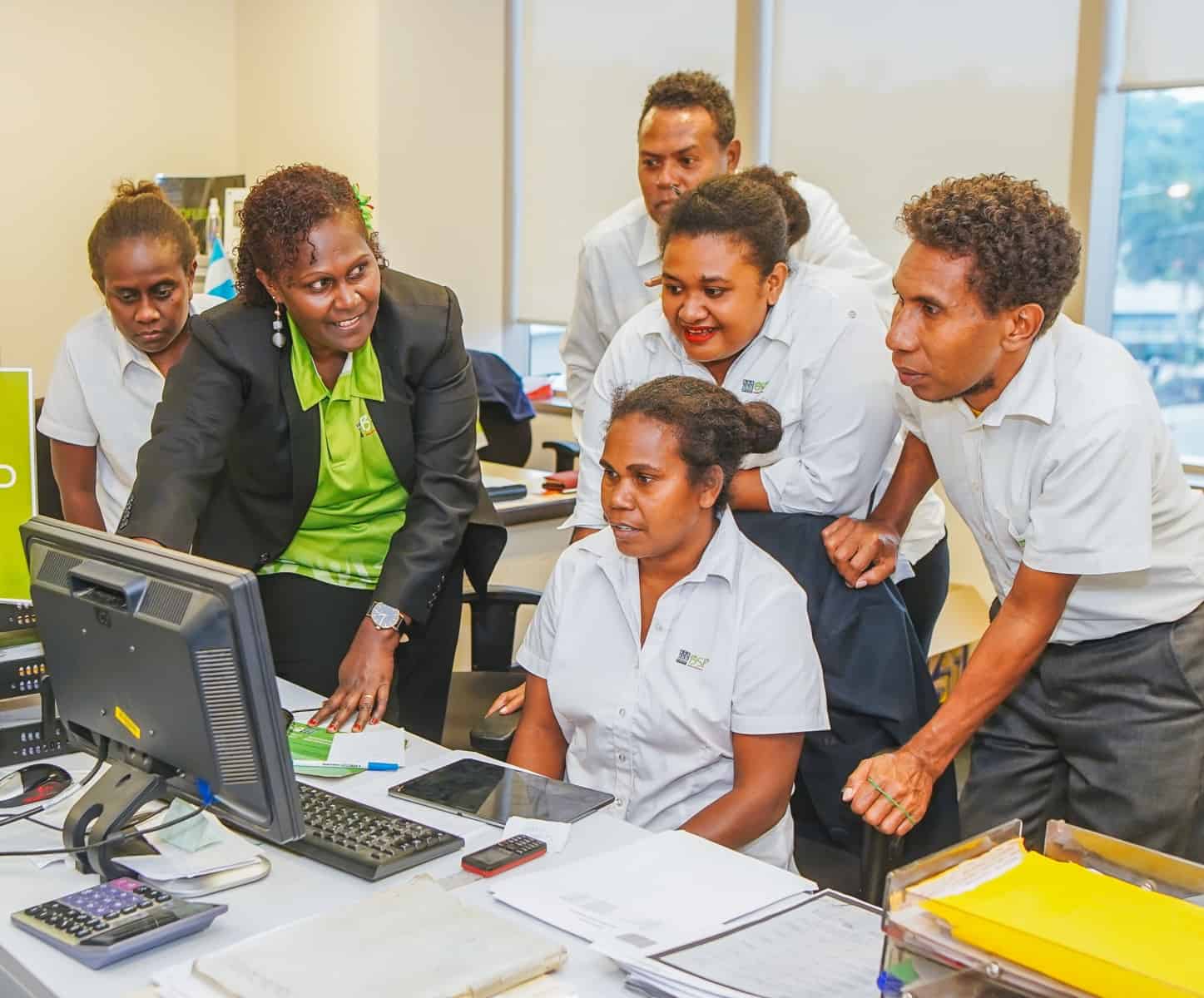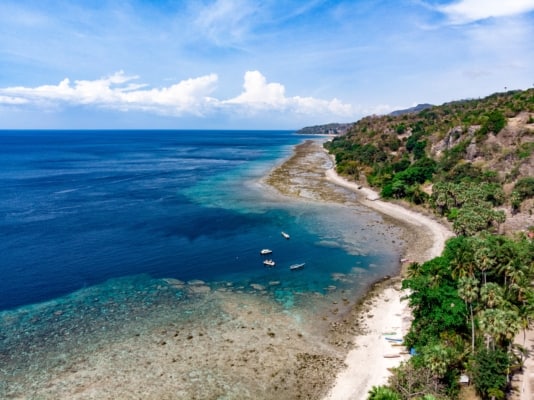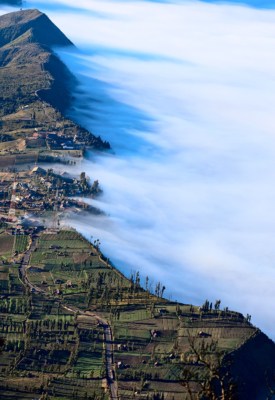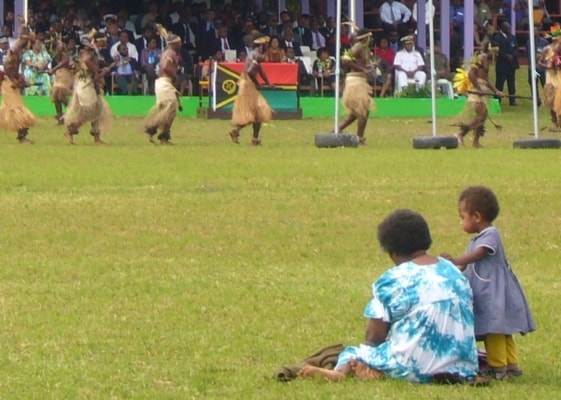As the world rushed to respond to the COVID19 pandemic, a gender-sensitive response was missing. With the rapid creation of COVID19 leadership teams, expert panels, and advisory committees, many appeared packed with men. The UN called for greater creativity by governments in addressing women’s rights at this time. The G7 Gender Equality Advisory Councils, are urgently asking G7 member states to take into account the gendered dimensions of the COVID-19 crisis and to prevent the deterioration of gender equality and women’s rights worldwide.
In response, Gender and COVID meetings, mobilisations and publications are now gathering pace to ensure that all perspectives are considered during the pandemic. By using a gender lens, it was clear that the stay-in-place message was not suitable for individuals who are living with their abusers. And globally, gender-based violence is rising. The majority of hospitality workers, teachers, front line nursing staff, and early childhood educators are women — it is clear that COVID is disproportionally affecting women. How can women engage with policy or change processes? We need to know now more than ever.
Inequalities affect preparedness, response, impact, and recovery. For this reason, we must go beyond calling for women to be included and consider which women are still being left behind as COVID impacts groups differently. Transgender women, Women of colour, women with disabilities say that without their insights and experiences being included in COVID decision-making, marginalised groups will need to rely on citizen-led initiatives.
The UN has called for women and girls to be at the centre of the COVID response effort, including leadership, equal representation, and decision making. ‘This is the time for all young change-makers to step forward and to make themselves heard’ says the UN.
Young women across the Pacific lead in ways that fundamentally challenge traditional and dominant modes of leadership. I have been exploring the spaces for young women’s leadership participation in the Pacific. Rather than waiting to be heard or ‘invited’ into existing formal decision-making spaces, young women in the Pacific are creating their own spaces to lead and support other young women. They are also receiving some support from women of different generations.
Women’s civil society has worked to build networks and leadership opportunities among young women and girls — where Pacific young women speak and can be heard — building and sustaining a Pacific social movement for gender equality. Young women demonstrate and develop leadership capacity in civil society, often overcoming barriers to their leadership. In the Pacific region, formal decision-making traditionally takes place between states or between elder men. Young women are pushing the boundaries of traditional leadership by demonstrating the capacities and capabilities of young women and girls to lead, including girls as young as 12.
CARE Australia has identified in its recent report on COVID and the Pacific that a COVID-19 outbreak in the Pacific could disproportionately affect women and girls. COVID is impacting on their education, food security and nutrition, health, livelihoods, and protection. This rapid response makes a recommendation that prioritises the meaningful engagement of women and girls in all COVID-19 decision making on preparedness and response at the national, provincial and community levels — including their networks and organisations, to ensure efforts and response are not further discriminating and excluding those most at risk.
News in the Pacific reveals that women are shaping leadership, illustrating the importance of capturing all voices as responses. As an example, the Fiji Women’s Rights Movement has been on the frontlines of this crisis, acting to support and promote human rights and protect women and children. Including drafting budget submissions to the government using a gender lens and introducing mechanisms to protect grant recipients from suspending critical services.
Women’s voices are also essential for other crises facing the region — including climate change. Vanuatu is just one example of a Pacific state facing multiple crises and harnessing the collective power, influence and leadership of Pacific women in responding to disasters and climate change. When ground-level local information is included in decision making, it enables more women to participate in influencing the agenda on disaster preparedness and crisis response.
Young Pacific women share the challenges they face and harnesses some practical ideas to support, make space for and celebrate the leadership of young women of all diversities. Informal spaces self-generated by social movements can offer innovative approaches, including young women in leadership and decision making.
Reacting to the backlash facing feminism globally, young feminists in the Pacific are offering new models of leadership, reinventing and building different spaces that reflect collaborative models of leadership, with emphasis on collective activism. By embracing bottom-up action and co-creation, young women challenge conventional notions of hierarchical leadership, preferring collaboration and shared leadership rather than an individual leadership model.
Young women’s leadership in the Pacific requires space to share stories and journeys and to build the feminist movement. Claiming leadership roles in informal spaces, forming strategic alliances intergenerationally, and creating a common platform for change all contribute to making and shaping a social movement that works for young women. These actions prevent young women leaders from being sidelined as ‘leaders-in-training’ — but welcomed as leaders at the forefront of advocacy – a critical step to sustaining the inclusion of diverse women and girls voices in decision making at a time of crisis, as well as the push for women’s inclusion into the future.
This research is part of a book edited by Pruitt & Lee Koo, Young Women’s Leadership, released at the end of April 2020. It documents the rise of self-created spaces for young women and girls as leaders of social movements across Asia and the Pacific. The book offers learning and reflection on young women’s leadership and contributes to social movement theory and practice.
Continue the conversation with Jane Alver on Twitter (@janealver).
#LeadershipObvs









